Parole bosses have admitted that victims can be left “astounded” when killers like Dundee murderer Robbie McIntosh become eligible for release after being given a life sentence.
In an exclusive interview with The Courier, the chairman and the chief executive of The Parole Board for Scotland discussed our A Voice for Victims campaign which has called for reforms to the current system.
In the second of a three-part series, the parole chiefs agree that communication with victims can be improved and explain how extra funding could play a pivotal role in the process.
‘There should be a system of no surprises’
John Watt, chairman for The Parole Board for Scotland, said victims can be caught cold when they are notified a prisoner on a life restriction becomes eligible for parole when the punishment part of their sentence expires.
It’s an issue he says he has raised with the justice committee.
He told The Courier: “It comes as a real shock when a lifer comes up at the end of the punishment part for some victims who are astounded that parole has come round.
“It comes as a real surprise to them and can have a pretty significant impact on them.
“I think I’ve said to the justice committee – there should be a system where there is no surprises.
“A victim should know that on a particular date, and you can work it out, there’s likely to be a parole hearing and parole will be considered.”
Violent criminals like Dundee murderer Robbie McIntosh are on order of life restrictions (ORLs).
The parole board chairman believes communication with victims during the parole process can be improved.
Mr Watt said: “There’s a role for better information giving at the earliest possible time and then throughout.
“We’re always thinking about ways of providing more and better information within the constraints imposed on us by the law.”
Funding could improve communication with victims
The Parole Board for Scotland believe they have a solution to the communication breakdown that victims can experience within the current system.
As the experts, they would like to see their own team involved earlier in the process.
“Our position is that we would quite like to be involved from the point of sentence,” said Mr Watt.
“Because victims do ask about what’s going to happen now and the people that are available to give them information don’t really understand parole and what it’s all about.
“The real experts are here and maybe if we had a role earlier on we would be able to give some explanations.”
Both the parole chairman and chief executive Colin Spivey say more funding for the board would see them able to expand the service they can offer to victims.
Mr Spivey told The Courier: “If the parole board had more legislative powers and it had the funding that would need to go with that then there is certainly more that could be done in terms of provision of services to victims.”
Mr Watt added: “With a boosted victims teams, for example, you could see how more could be possible.
“We’re funded for what it is that we’re expected to do just now – in terms of the legislation which covers our work.
“But if there was greater resource available it would be possible to do more.
“The important thing is the victims get the service they need – I’m not jealous who does it.
“But what I would say is that Parole Scotland and the victims team has the expertise on parole that no-one else has and they’re the logical place to put the resource to improve the service for victims.”
Read part one of our three-part series here.
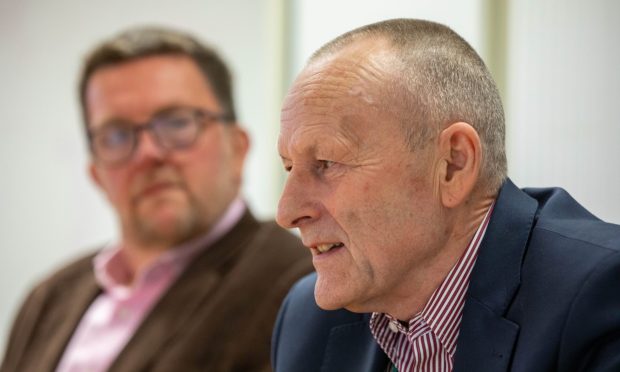
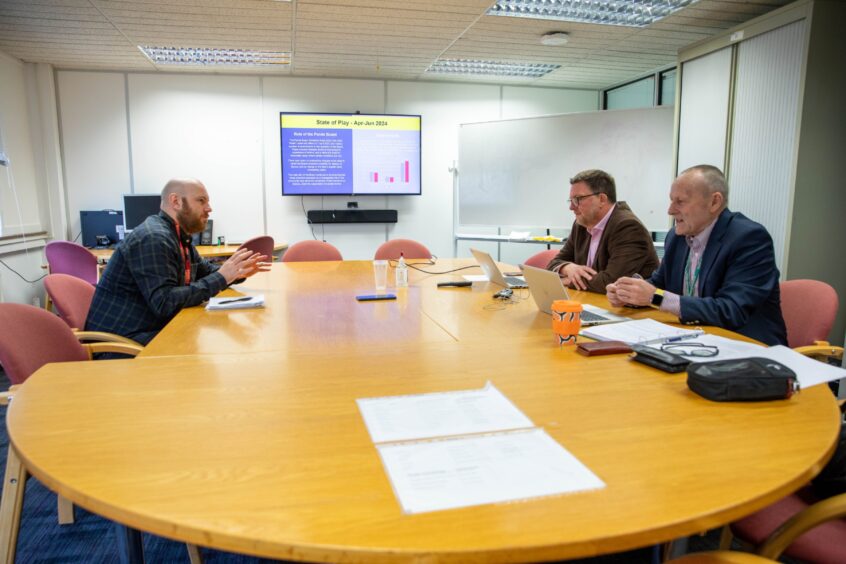
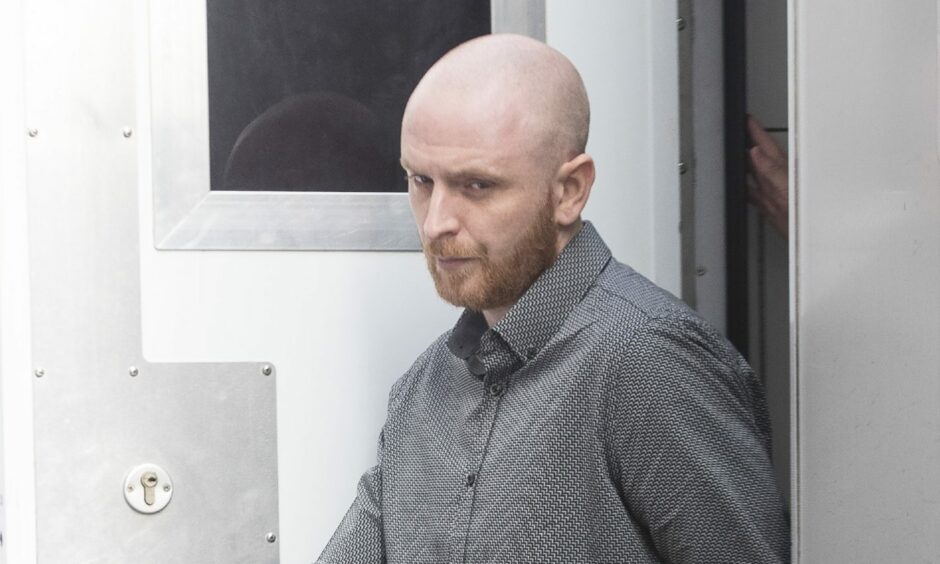
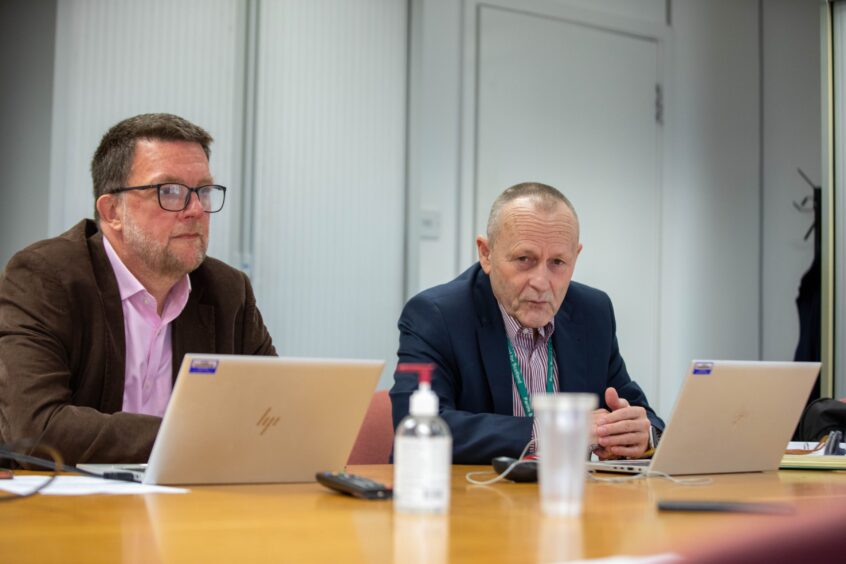

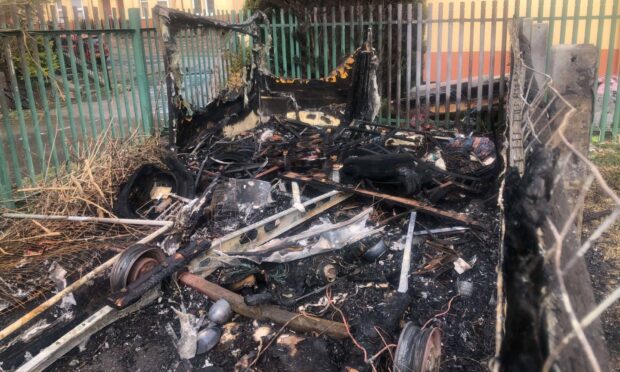
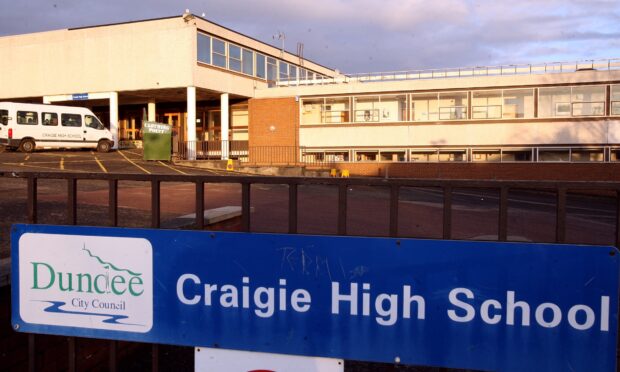
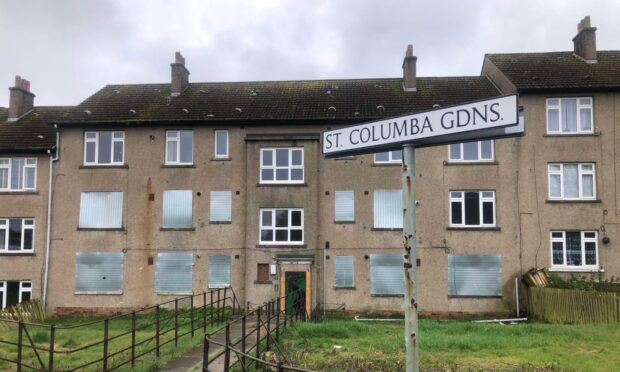




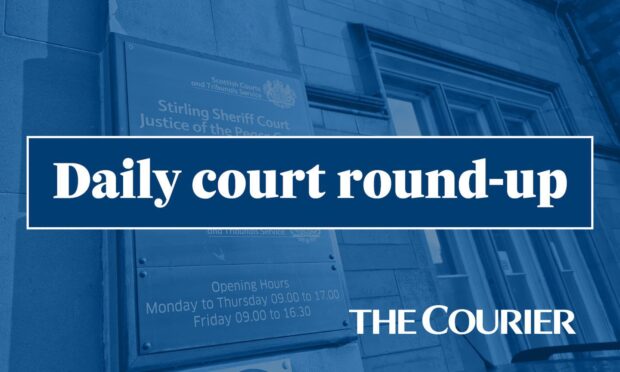

Conversation